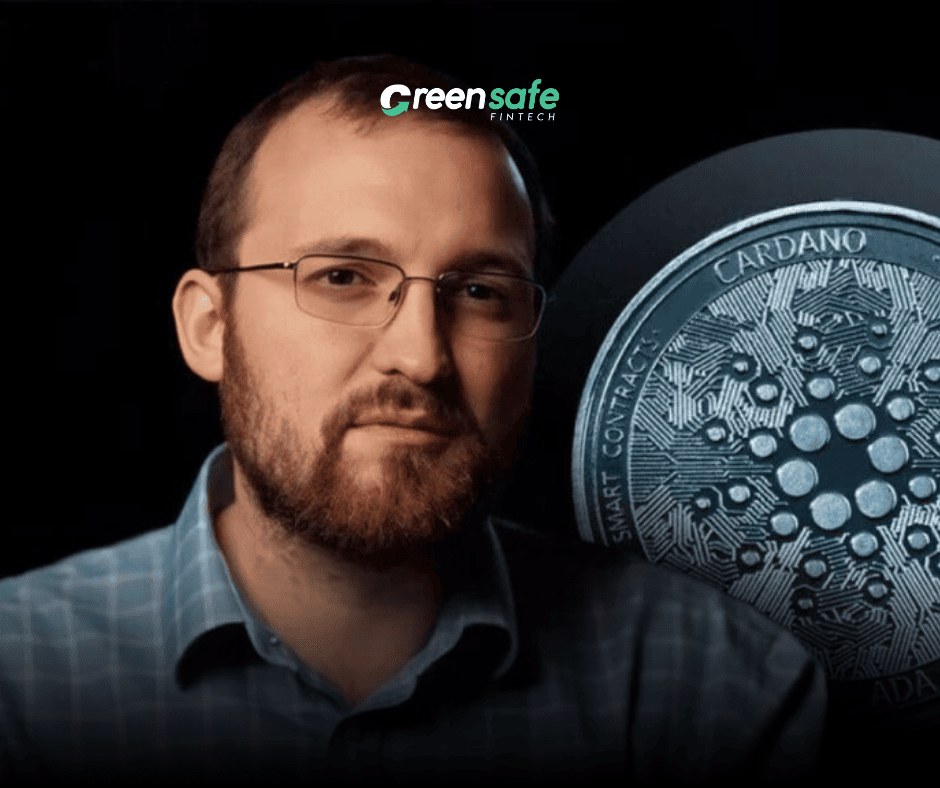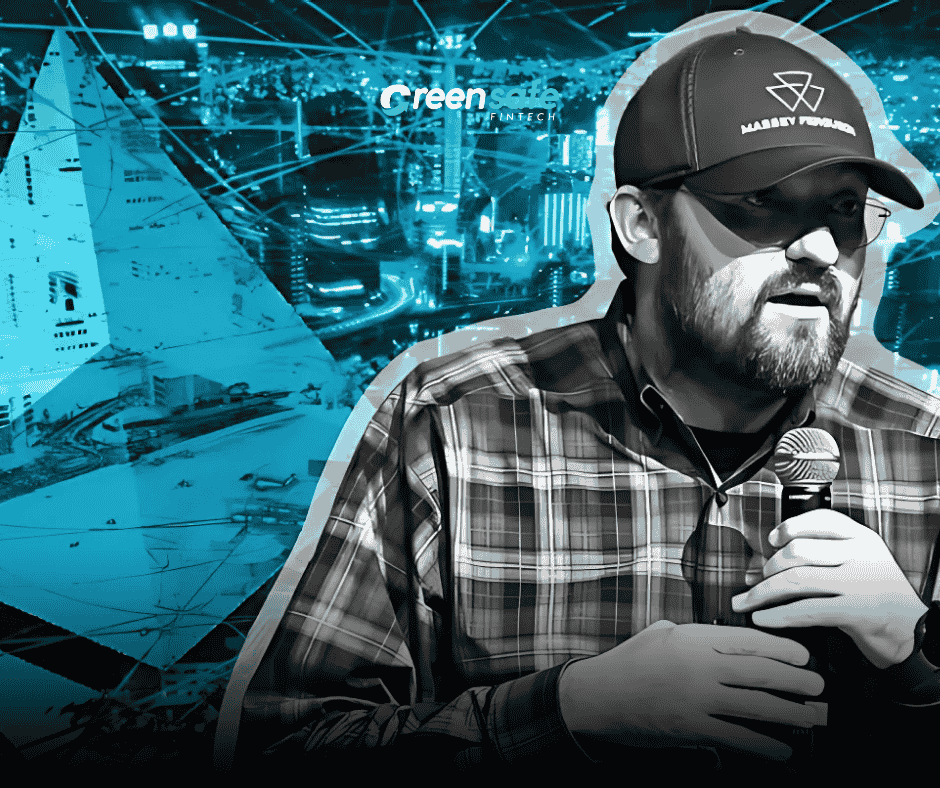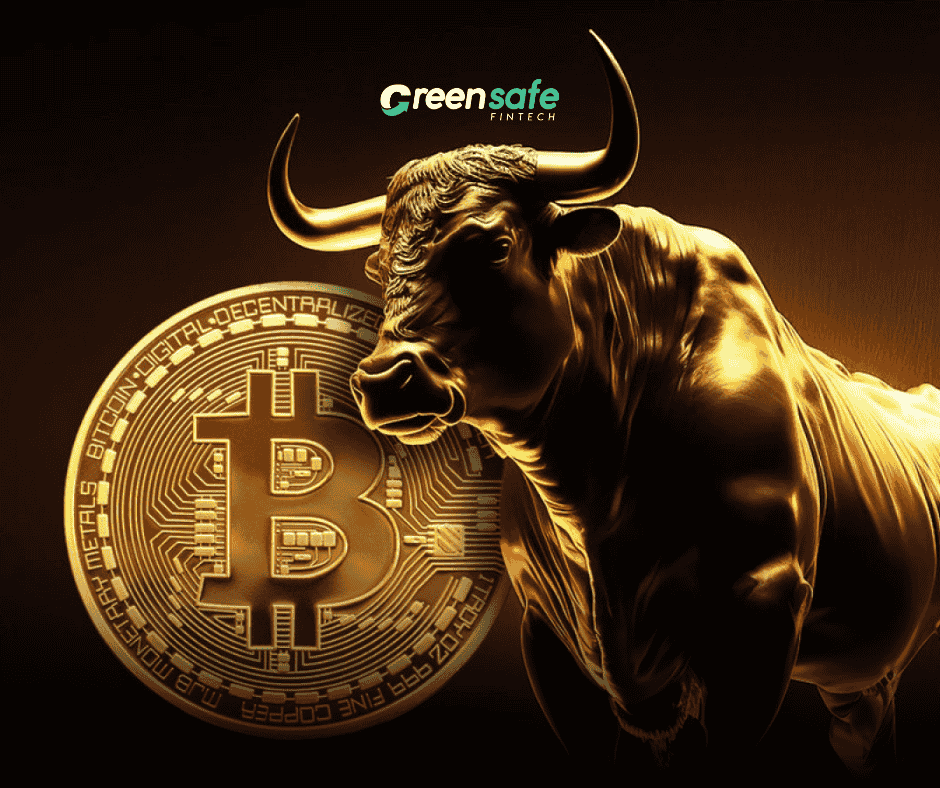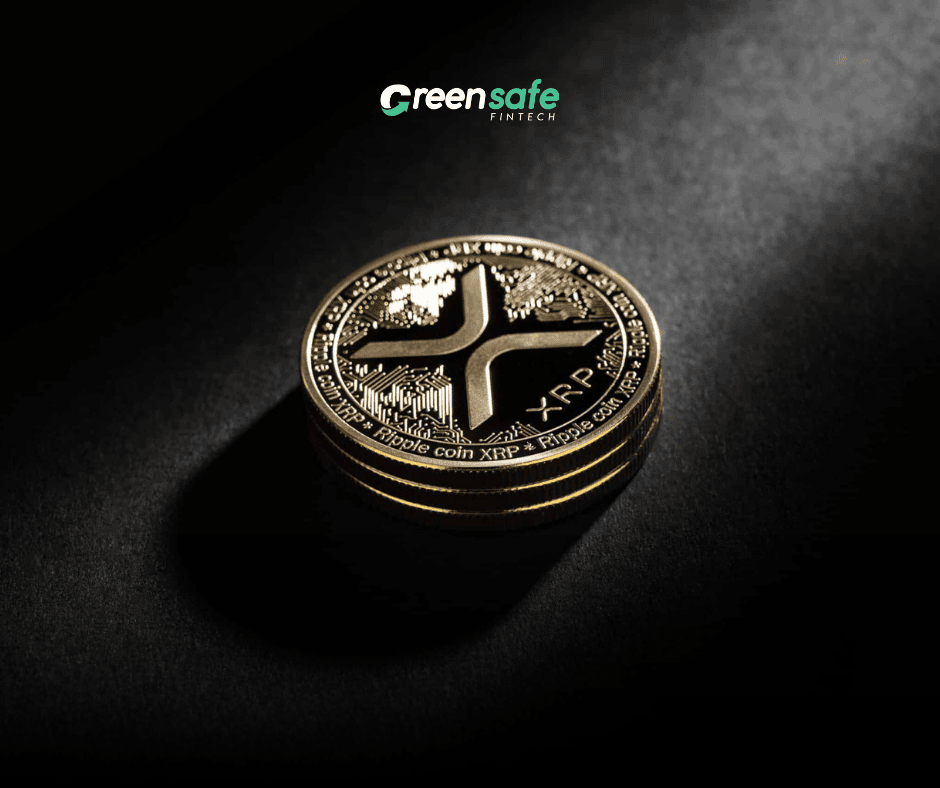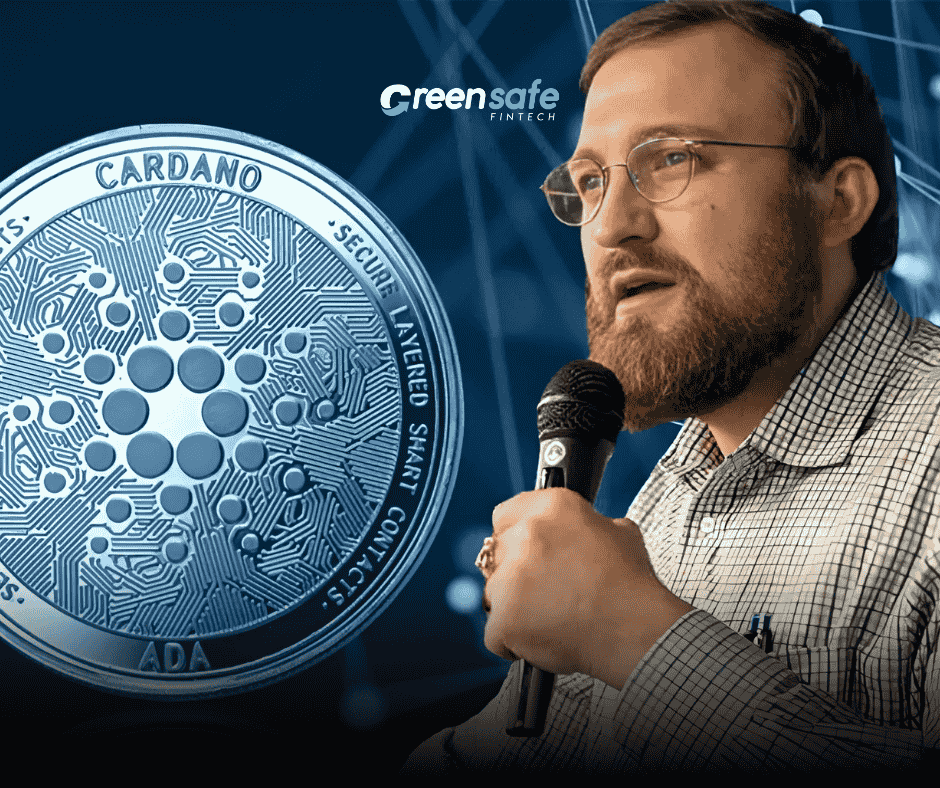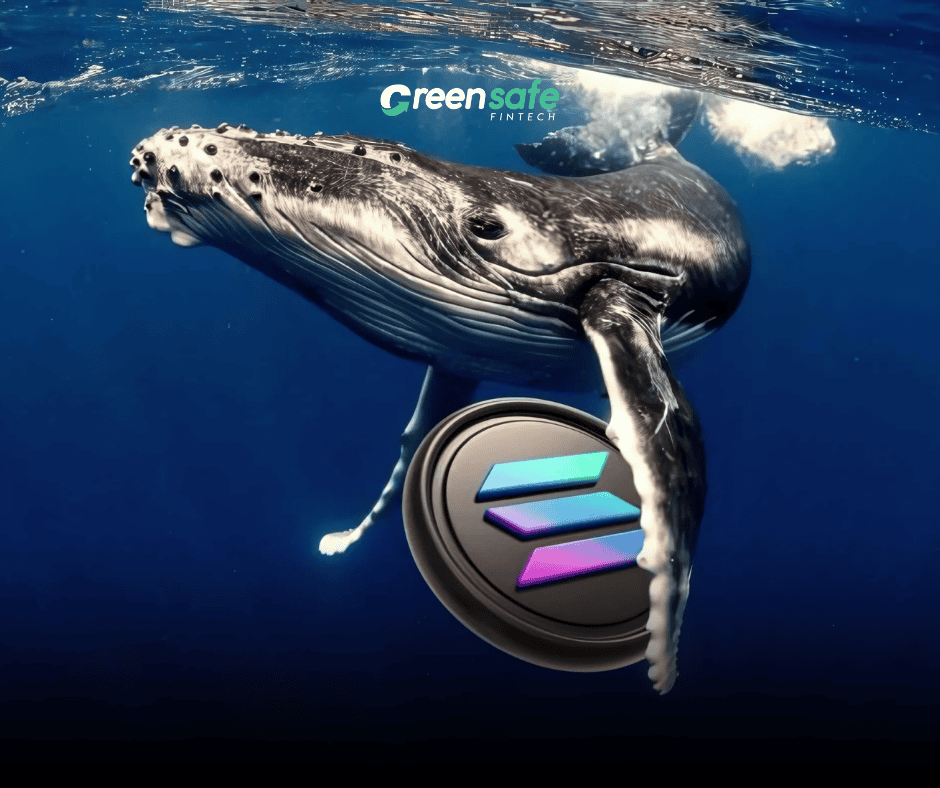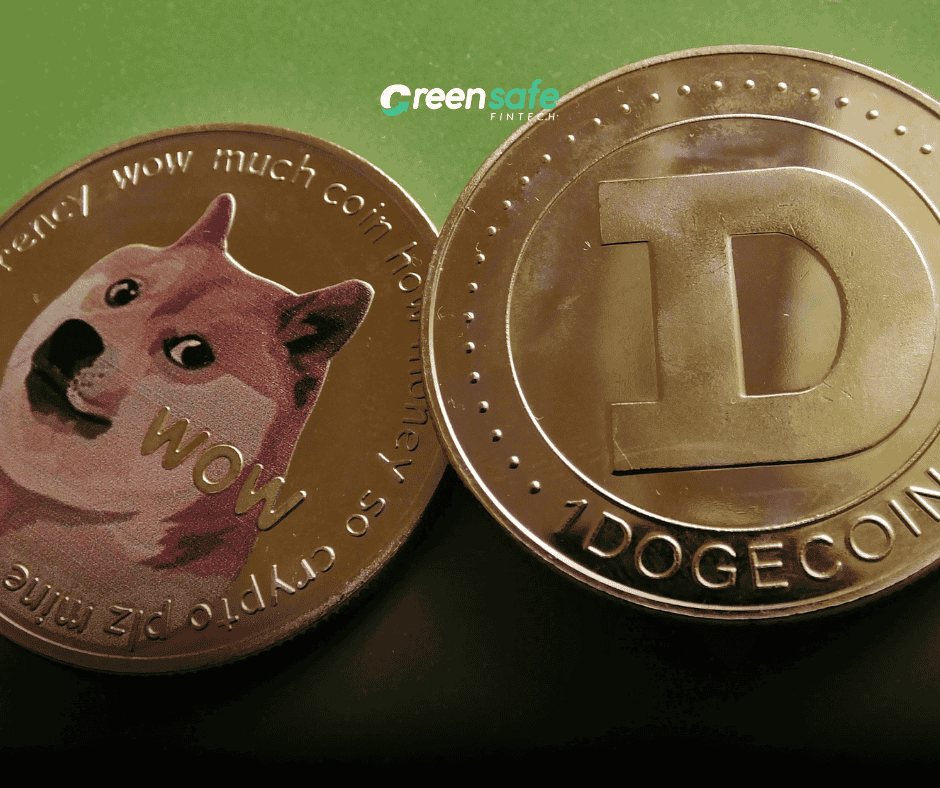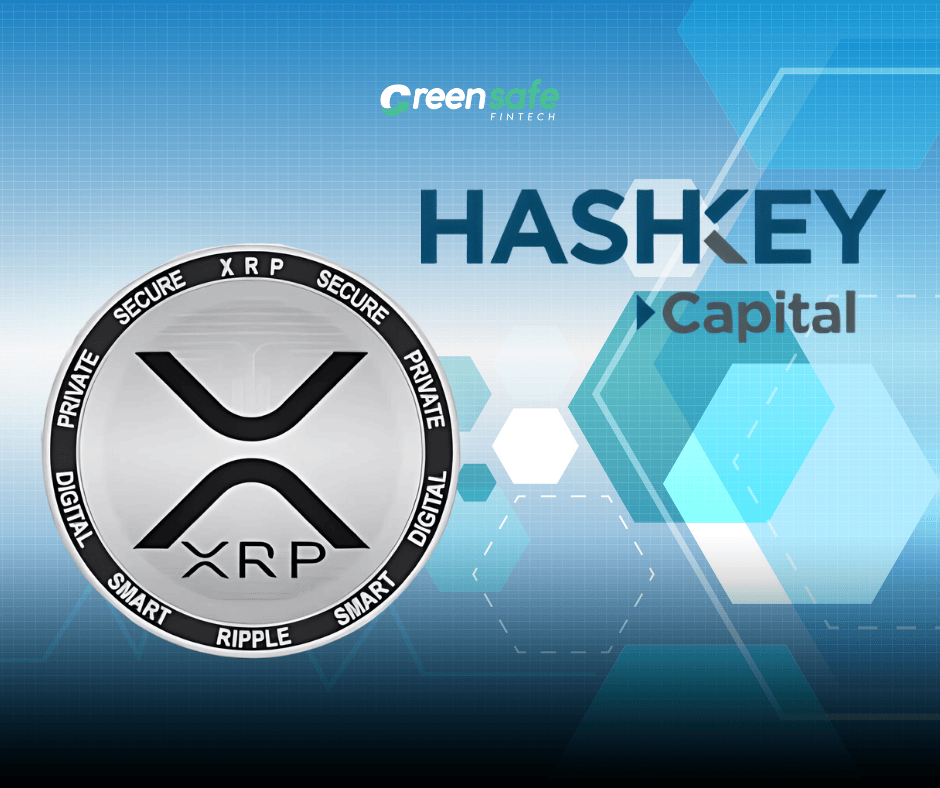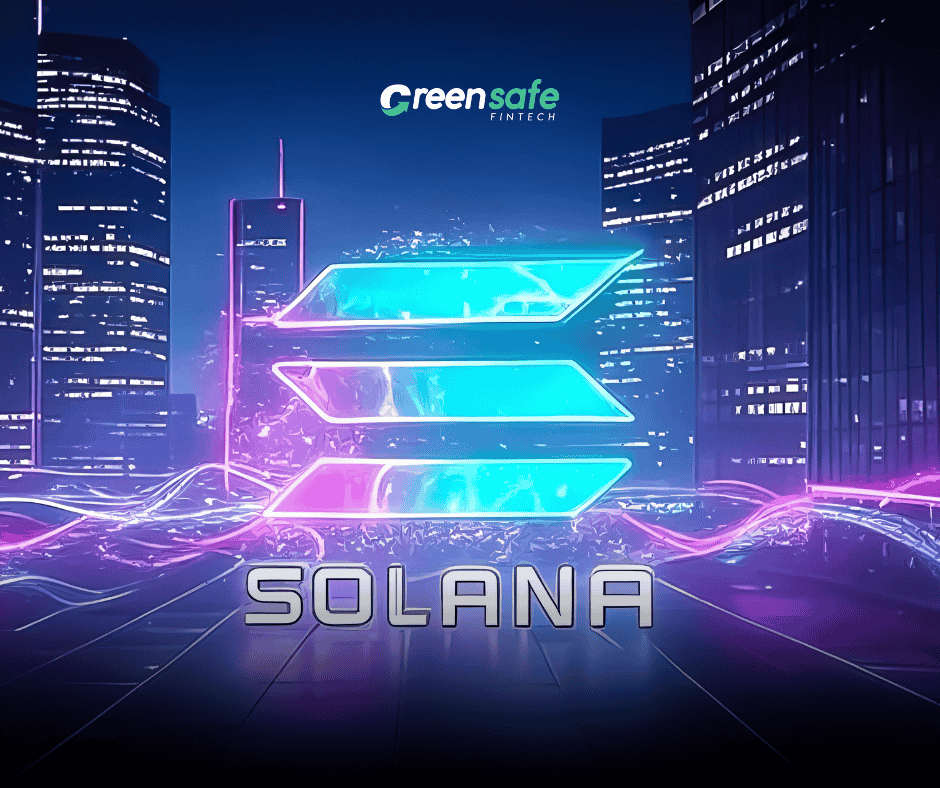Speaking on the main stage at Paris Blockchain Week 2025, Input Output Global (IOG) founder and Cardano creator Charles Hoskinson delivered a powerful keynote about the future of blockchain. He emphasized that the renewed global trade war initiated by U.S. President Donald Trump underscores the critical need for decentralization and blockchain-powered systems.
Hoskinson warned that centralized power structures—exacerbated by the intensifying geopolitical standoff between the U.S., China, the EU, and other nations—pose an existential threat to ordinary citizens. “It’s the everyday people who always end up paying the price,” he said. He cited historical trends to argue that excessive centralization inevitably leads to collapse or corruption.
This, he noted, is why decentralized systems are more vital than ever. But Hoskinson cautioned that the blockchain industry itself faces new internal dangers. As the U.S. inches closer to passing a stablecoin bill and comprehensive crypto legislation, major tech giants like Google, Apple, Microsoft, and Amazon are preparing to dive into the space—armed with centralized architectures that threaten the ethos of Web3.
“These companies will enter with wallets, services, and ecosystems designed to control rather than empower,” he warned. To combat this, Hoskinson called on the decentralized community to unify and defend the industry from being absorbed into centralized control once again.
Reflecting on the development of Cardano, Hoskinson acknowledged past missteps but said those lessons are guiding the path forward. He proposed that the fourth generation of blockchain technology should merge the traditional finance (TradFi) world with decentralized finance (DeFi), creating a unified framework he simply calls “Fi.”
“The fourth generation of cryptocurrencies is about bridging TradFi and DeFi to make it just… Fi.”
Toward the end of his talk, Hoskinson dropped a tantalizing teaser—he’s currently working on a new project that will airdrop 37 million tokens to holders of major cryptocurrencies including Bitcoin (BTC), Ethereum (ETH), and Cardano (ADA). Details remain scarce, but he promised further announcements in the coming weeks.
As the world navigates economic uncertainty and increased government intervention, Hoskinson’s message was clear: blockchain’s next chapter depends on preserving decentralization, resisting corporate takeover, and working collaboratively to build a truly inclusive financial future.


